- Cigarette Butts Everywhere - Theresa E (2/13/2024)
- Medical Warning Signs - (11-7-2022)
- Doctors' Office - How to be your own best advocate (11/1/2022)
- Hearth Health (update 11/1/2021)
- Air Quality (6/21/2022)
- Caption Call Voice to Text (5/18/2022)
- Heat Safety (5/7/2022)
- Water Intake and Dehydration (3/9/21; 5/7/22; 7/24/22)
- Social Anxiety (6/4/2021)
- Regular Exercise (3/10/2021)
- Women's Heart Health 101 (2/17/2021)
- Insider Tips To Improve ER Visits (1/15/2019)
- Learn Hands Only CPR- FREE March 2019 (1/9/2019)
- Mental Health First Aid Dec-8-2018 (12/4/2018)
- Mental Health First Aid Jan-19-2019 (11/28/2018)
- Healthy Aging with Lis Swihart (9/10/2018)
- Living with Memory Loss Video (6/22/2018)
- Living Well Workshop 2018 (4/19/2018)
- Bullying Among Older Adults (3/14/2018)
- Vaccinations (12/8/2017)
- Hepatitis A (12/7/2017)
- Emergency Aid For Mental-Behavioral Health (10/16/2017)
- Signs of Stroke (10/29/2017)
Other Health Resources
- Health Care For All - Washington - Newsletter with Events, Resources
- Signs and Symptoms of AFib
Risk factors for AFib can include:
advancing age; diabetes; high blood pressure; sleep apnea; heavy alcohol use; heart disease, such as congestive heart failure and coronary artery disease; prior heart attacks

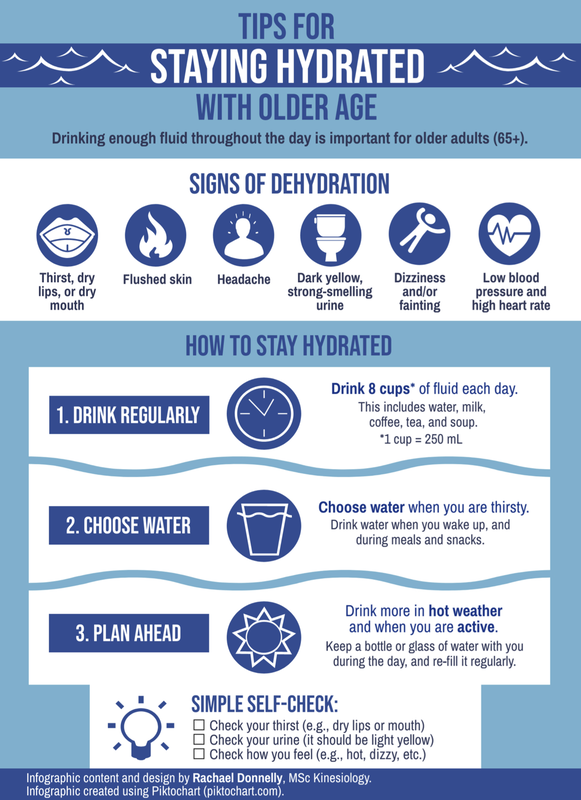
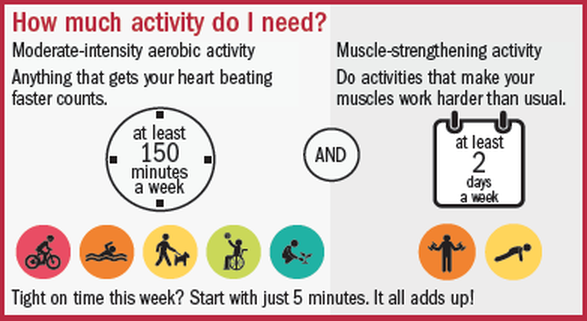
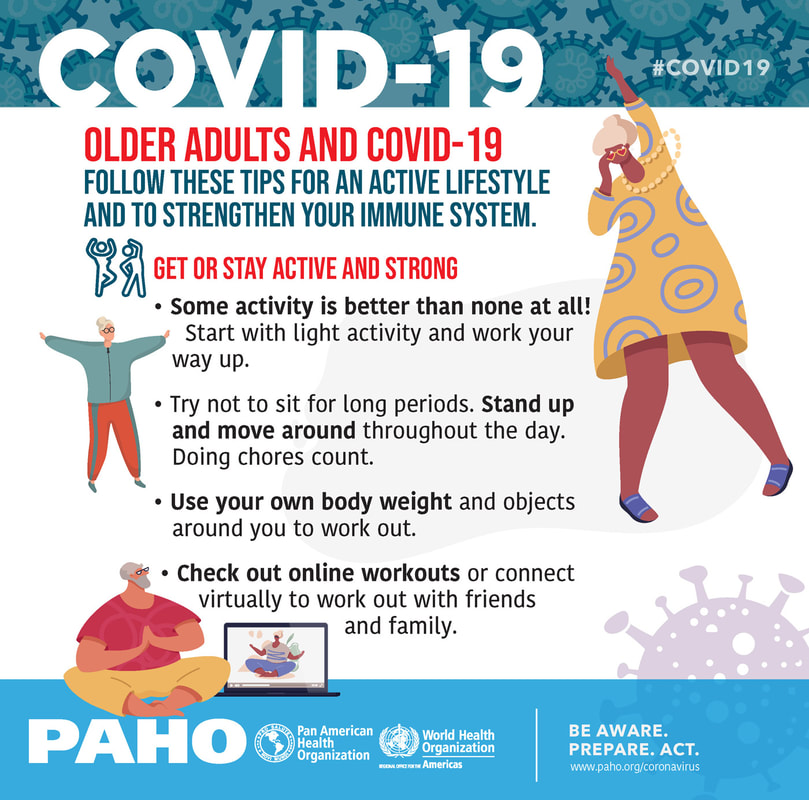
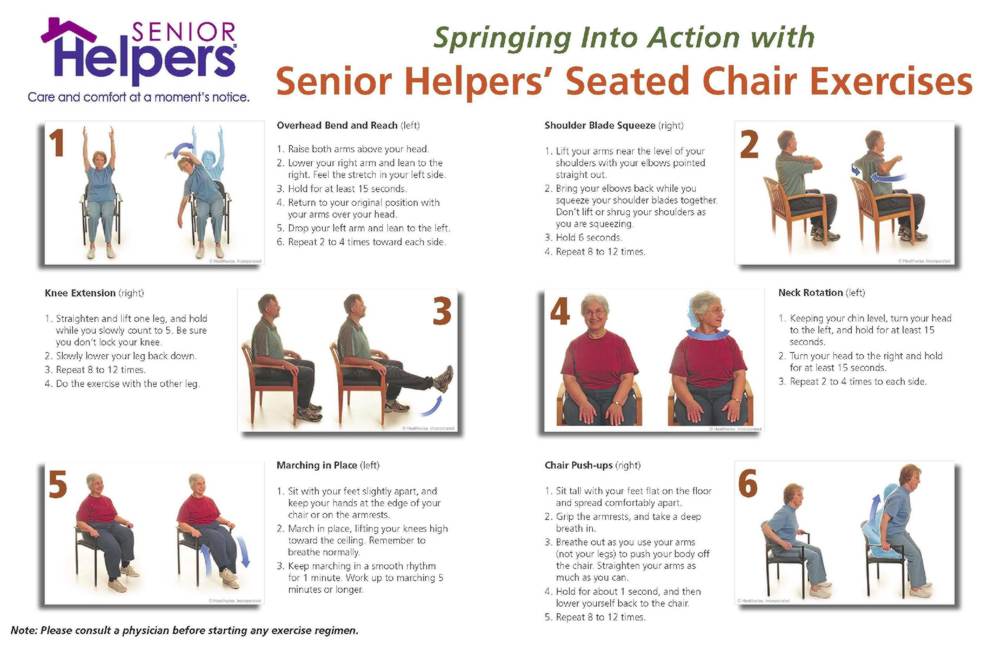
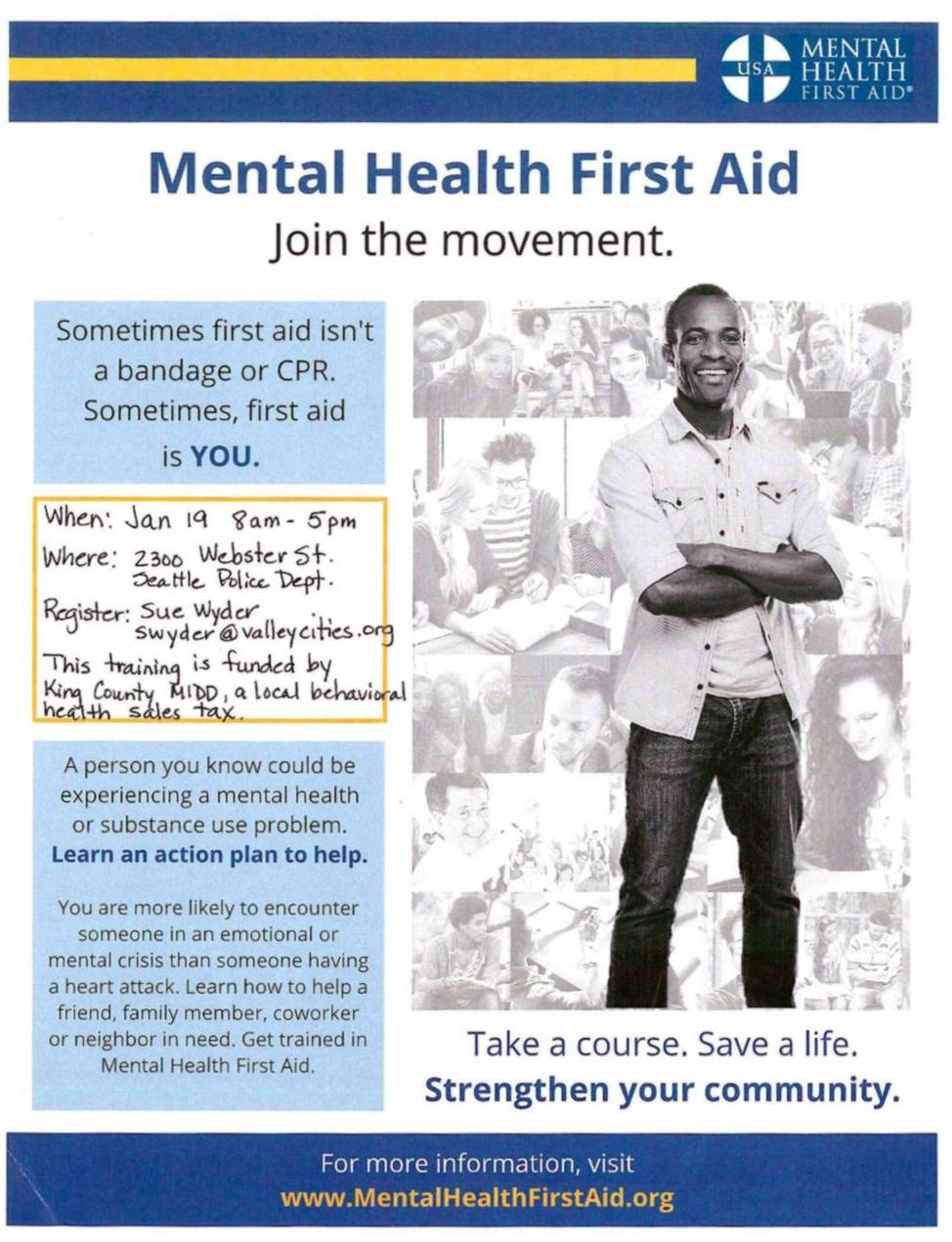
 RSS Feed
RSS Feed